Popular games published by company Tokuma Shoten

It is grandmother Haruko's birthday. She wants everyone home early for her special day: the day that serves as a reminder that she has been alive for more years than she can remember. Unfortunately, her family has completely forgotten and make up last-minute birthday promises to Haruko. The game begins like any other normal day for the family members - father Taneo, mother Etsuko, daughter Ririka, and son Tsuyoshi - until strings of events stand as obstacles in their way of returning to Haruko's with the presents.
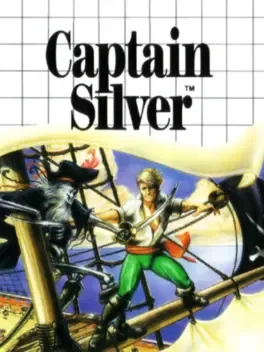
Captain Silver is a side-scrolling action game released for the arcades by Data East in 1987. In the game, the player control a young sailor named Jim Aykroyd who goes on a journey to seek the lost treasure of Captain Silver, facing various perils along the way. Home versions were released for the Master System by Sega and for the NES by Tokuma Shoten.
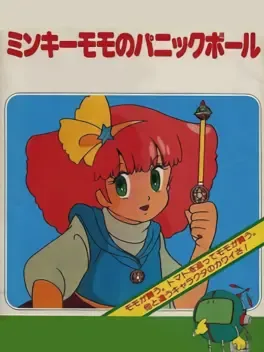
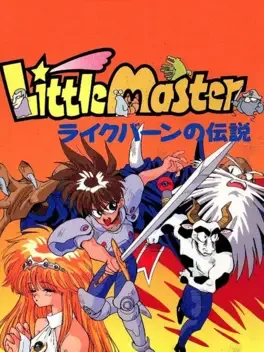
Little Master is the first game in the Little Master series of RPGs. It was only released in Japan, although it went through a localization process to be released in North America but was cancelled.
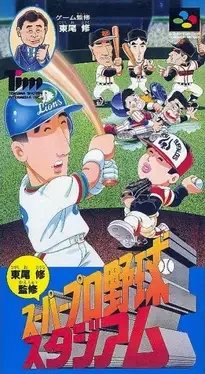
Higashio Osamu Kanshuu Super Pro Yakyuu Stadium is a Sports game, developed by C-Lab and published by Tokuma Shoten, which was released in Japan in 1993.
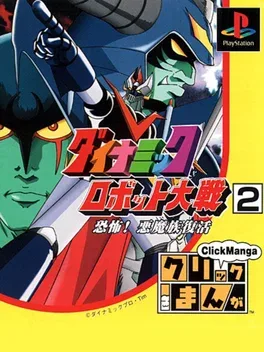
Click Manga: Dynamic Robot Taisen 2: Kyoufu! Akuma Zoku Fukkatsu is an interactive manga for PlayStation based on the major characters created by Go Nagai and Dynamic Productions. It was published by Tokuma Publishing Co. on December 16, 1999.
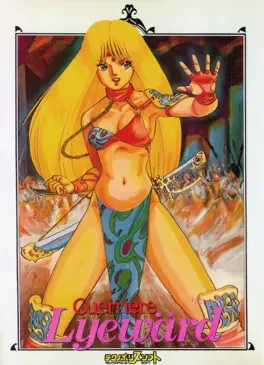
After World War III, humans have finally achieved world peace - or so they thought. Malevolent aliens have infected the human organism in a most treacherous way possible, turning young and pretty women into rampaging, violent nymphomaniacs. Only one person can stop the insanity - the attractive secret agent with the codename Lyewärd. Guerrière Lyewärd is a side-scrolling beat-em-up. The gameplay is very simple: the player moves the protagonist through strictly linear stages from left to right, each containing a few types of female enemies that attack the heroine from both sides. The secret agent can punch, kick, and jump. Power-ups such as health-restoring hearts and invincibility appear at set points during the stages, floating in the air. Each stage culminates with a boss battle against a powerful female enemy; defeating the boss leads to a lesbian sex scene.
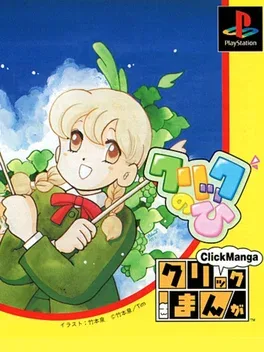
An interactive comic with designs by Izumi Takemoto.
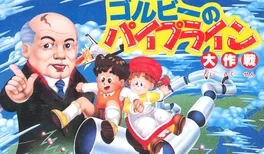
In this falling-block puzzle game, a small girl—wearing a Russian national costume of sarafan, kokoshnik, and valenki—pushes tiles representing segments of water pipe down a two-dimensional, vertical shaft; this shaft is the field of play. A second girl, also in national costume, waves semaphore flags to give the impression that she guides the placement of the tiles. The player must quickly rotate and place the tiles to catch and conduct a continuously-flowing stream of water from pipes on one side of the shaft to the other. When the player successfully links an inflow pipe on one side of the shaft to an outflow pipe on the other side, a row of tiles disappears, and the player earns points. If the player routes the water to a dead end, the game adds a layer of pipe segments for the player to clear. If the accumulating pipe segments stack to the top of the shaft, the game ends. By clearing the requisite number of rows, the player proceeds to the next game level.
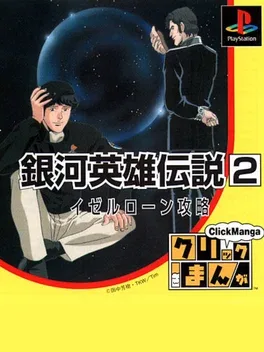
An interactive comic game based on the series in which the player can make advance the comic story clicking in it. The gameplay is that the player has to solve some puzzles or click with the pointer in a comic book scene to advance to the next scene. This game continues the story of the first game in the series.
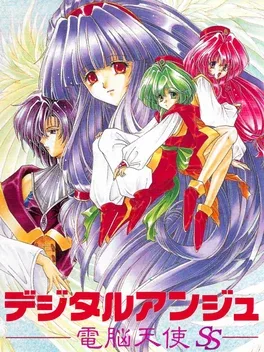
A simulation game developed by Koga Game Factory and published by Tokuma Shoten Intermedia for the Sega Saturn. This is a reimagining of an earlier Super CD-ROM² game from 1994, Dennou Tenshi: Digital Ange.
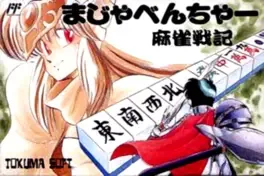
Majaventure: Mahjong Senki is a Miscellaneous game, published by Tokuma Shoten, which was released in Japan in 1990.
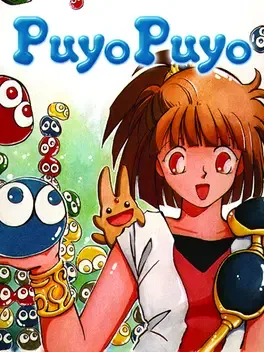
The first game in the popular puzzle series, released one year before the "Action Puzzle Game" arcade title that would turn it into a household name.
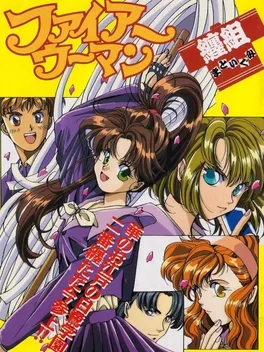
The hero comes to Shirosagi High School as a first, second, or third-year exchange student and on his first day sees a bully picking on a girl. When he tries to help, he is beaten and saved by a trio of girls from the school's Matoi-gumi club. They are all really good at martial arts and he decides to join their club with the intent of winning their hearts by saving people in trouble.
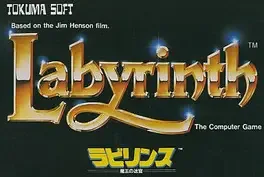
An action-adventure game based on the Jim Henson movie Labyrinth, published in Japan in 1987 for the Famicom by Tokuma Shoten.
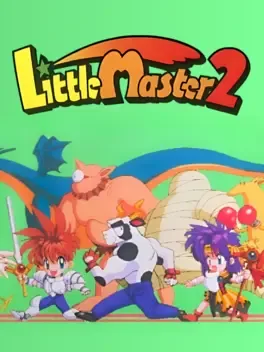
The second game in the Little Master series of RPGs.
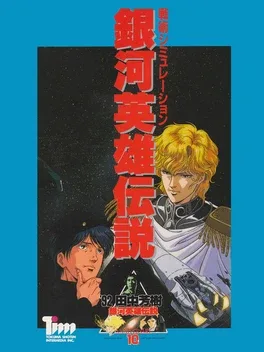
Ginga Eiyuu Densetsu is a Strategy game.
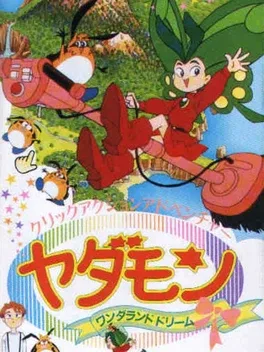
Yadamon: Wonderland Dreams is a point and click adventure game developed by Sting Entertainment exclusively for the Super Famicom. The player, as the young witch Yadamon, her human friend Jean and her guardian fairy Timon, must navigate a series of screens to solve puzzles and reach the conclusion of the story. The game uses the SNES Mouse peripheral for its numerous puzzles. Yadamon is based on the anime of the same name about the eponymous troublemaking witch princess, who is banished to the human world to learn from her errors and to quench her curiosity about its high-tech wonders. The anime ran from August of 1992 to July of 1993, ending shortly before the release of this game.
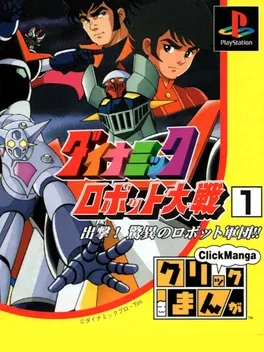
An interactive comic based on popular Japanese Super Robot manga series & characters. The gameplay is that you have to solve some puzzles or click with the pointer in a comic book scene to advance to the next scene.
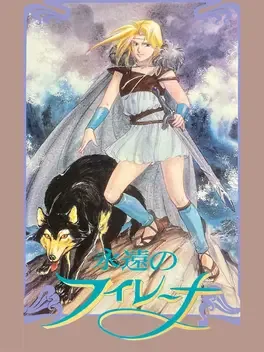
The game's story begins with Filena, a girl raised as a boy by her grandfather Zenna. Filena is raised as a boy because the Empire ruling the country forces girls into prostitution and turns boys into gladiators. After turning 16 Filena prepares to make her debut in the imperial coliseum, however before the battle she and her fellow gladiators are assigned concubines. Filena ignores her assigned bedmate, Lila, but Lila forces her way into Filena's room and learns the truth about her gender. Filena later fights through the gladiator ranks and discovers that their battles to the death are all scripted by behind-the-scenes writers. Filena then sets off with Lila on a quest to bring down an empire and reclaim her rightful place in a lost kingdom.
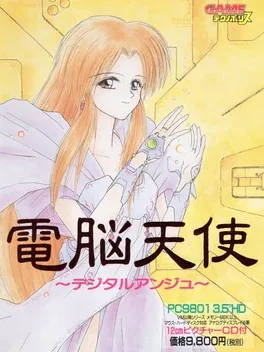
An Adventure game released in Japan in 1993.
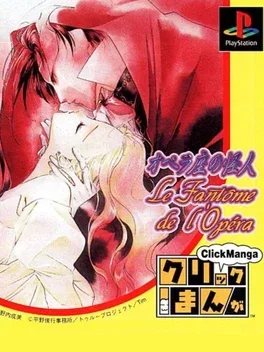
Click Manga: Opera Za no Kaijin is a interactive comic game based on the The Phantom of the Opera novel in which the player can make advance the comic story clicking in it. The gameplay is that the player has to solve some puzzles or click with the pointer in a comic book scene to advance to the next scene.
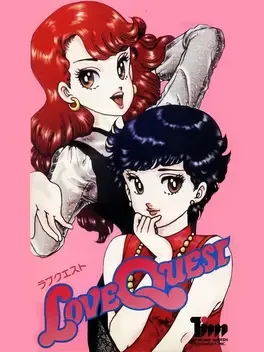
Love Quest is a 1995 video game for the Super Famicom that was released exclusively in Japan. Initially, the game was planned to be released for the Family Computer. A prototype copy of this game was leaked into the public and has been sold for a price of 250000 Yen at an online auction that took place in 2008. The player begins the game as a young man with an Oedipus complex who searches for his bride who disappeared during their wedding. Instead of fighting "girls" (who vary in age, occupation, and appearance) in a random encounter, the player has to "win" their heart. Some of their "special attacks" includes the girls biting their nails and using their cosmetics. Items of armor must be bought at boutiques while weapons must be earned by progressing through the story. The video game is set in the backdrop of 20th century urban Japan. There is no sex or nudity; despite the "suggestive" themes of promiscuity that are present in the game. The same girls that "attack" the player also join the play to support and heal him.
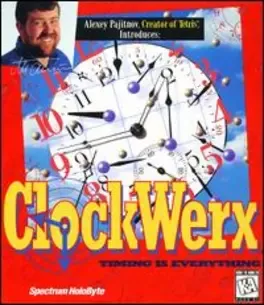
ClockWerx is a Puzzle game, developed by Axes Art Amuse and published by Tokuma Shoten, which was released in Japan in 1995. The object of the game is to solve a series of increasingly difficult levels by swinging a rotating wand from dot to dot until the player reaches the "goal" dot. Enemy wands that kill the player if touched march in predetermined patterns around each level's grid. The design is such that, with careful timing, the player can swing through seemingly impassable groups of enemies. Players can also swing from the same dot as an enemy by staying on the opposite side of it, since most enemy wands rotate at the same speed. At higher levels, more enemies are introduced, such as doors that open and close when the player's wand passes over a switch, hyperdots that send players to a different dot, and drops of acid that follow the player around.